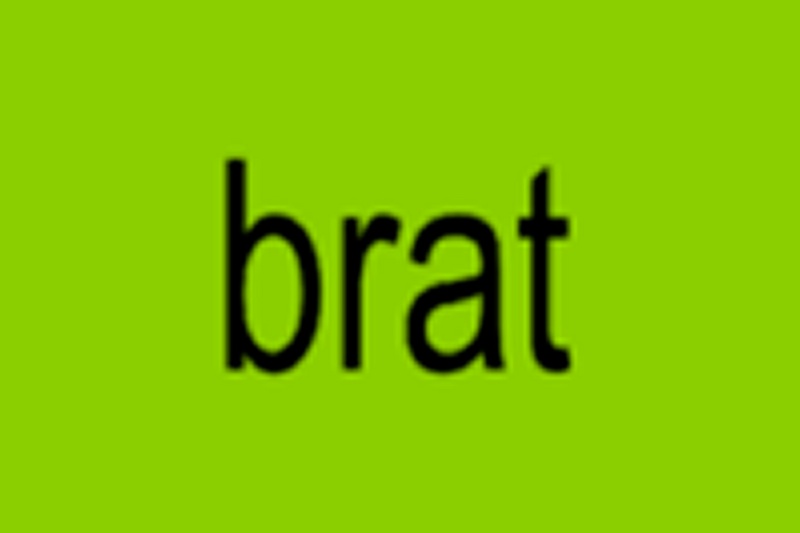It seems to come earlier every year: publishers and dictionaries choosing their “word of the year”. Initially intended to sum up a meaningful trend or feeling that represents the past year, the exercise is now becoming a competition to identify and highlight fashionable slang. Collins went with brat , the Charli XCX album phenomenon as applied to reckless, feisty females (and briefly to Kamala Harris).
Cambridge’s word was manifest , influencer-speak for “wish hard and make it happen”. Oxford, after a poll, nominated brain rot , the mind-numbing result of scrolling and online obsessing, with slop (low-quality content produced by AI) as runner-up. Dictionary.
com chose demure , used ironically to promote a more dignified pose or attitude on the part of online showoffs. What strikes me – a lexicologist (word analyst) – is that these picks show not only how aspects of society are changing, but how the nature of words themselves evolves in unexpected ways. The faddish terms that have made this year’s list are, like most slang (including last year’s pick “rizz”), largely generated by members of younger demographics, in particular gen Z.
Older onlookers may try (and fail) to grasp the significance of these quirky expressions. We need to realise that they are invented and used in ways that are often different to how traditional vocabulary functions. They are not necessarily defining facts, actions or processes or at all.
Rather, they are finding names for what a.



















